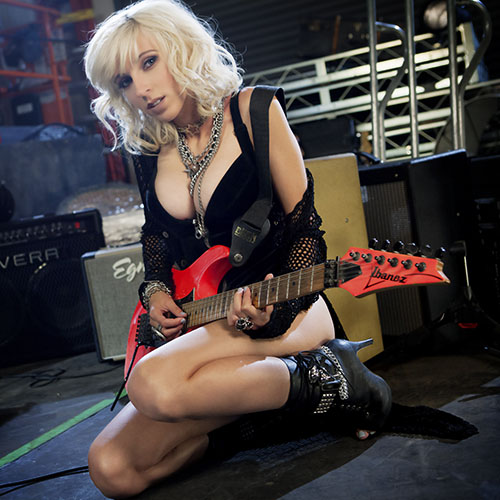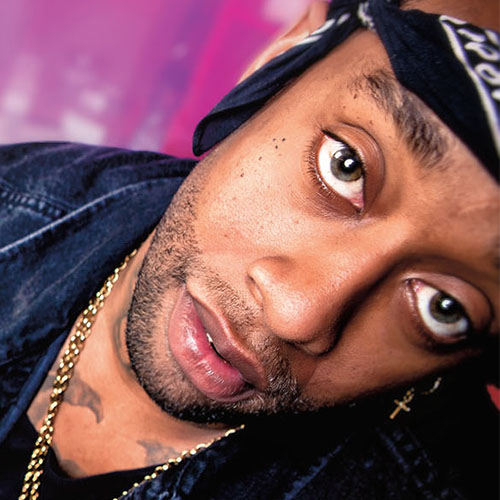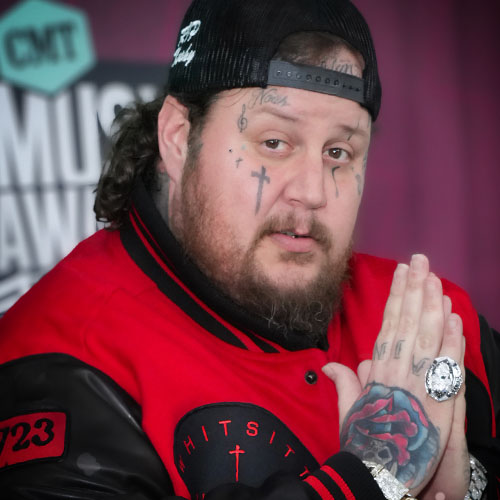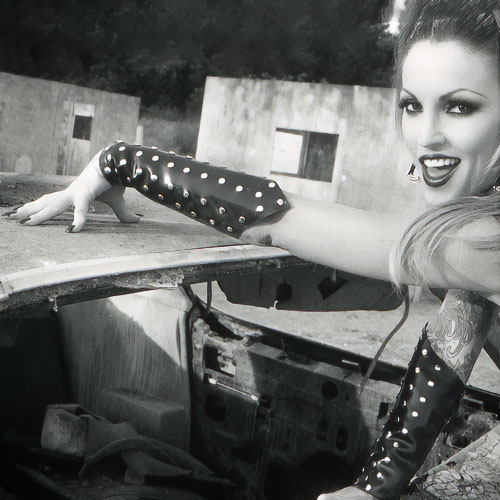I was nineteen when the Minneapolis band the Replacements were at their modest peak.
In the 1980s, college radio had begun to emerge as a commercial force, as future behemoths like R.E.M., XTC, the Smiths, and the Cure found a collective niche apart from Top 40, in what would soon be called “alternative rock.”
You could write a book about the explosion of innovative music that ensued in the short period between alt-rock’s onset and its eventual subsumption by the very corporate entities it had once stood against. Nowadays, when nearly everyone you know has put out a record, it seems quaint that new music was once a scarce physical product and as such a valuable commodity. It’s hard to say collectively what set the acts of that era apart from the mainstream. They looked different for sure, and a lot of them were playing with brand-new technologies, but as a whole, the word “alternative” pretty much summed it up: a genre defined by what it was not.
The Replacements had more in common with FM schlock rock than the other alternative acts of the day. Most of those bands existed in their own space, seemingly in blissful ignorance of Journey, REO Speedwagon, and Styx. The Replacements, on the other hand, were American rock’s delinquent stepsons. They were born of the same elements, somehow more jarringly anti-mainstream for having chewed up the genre’s loud guitars and drums and spat them back out. Sloppily. And holy shit, did they like to drink.
I’d be lying if I said that aspect of the band didn’t appeal to me back then. Lead singer Paul Westerberg wrote some truly brilliant, heart-wrenching songs (you can hear his influence on later, more successful acts like Nirvana), but in line with their tossed-off recordings and disheveled swagger, the band quickly earned a reputation as a bunch of stumbling, belligerent drunks. And they seemed hell-bent on sabotaging their chances for wider success with self-destructive behavior at every turn.
A ticket to see the Replacements was a gamble: They might make it through the set but were just as likely to start a screaming match with the audience, forget their own songs, and pass out in a kiddie pool. Despite themselves, in 1986 they ended up on Saturday Night Live, a platform most bands would consider a career milestone. They proceeded to play out of tune, forget the words, and say “fuck” on live TV. They were banned from the show for life.
A ticket to see the Replacements was a gamble: they might make it through the set but were just as likely to start a screaming match with the audience, forget their own songs, and pass out in a kiddie pool.
It’s Psychology 101 that a lot of self-destructive behavior has its roots in the fears of intimacy and failure. I was taking psychology classes at the time, and academically I understood this concept. But it’s hard to deny the entertainment value of unrestrained chaos. If you grow up in a small town and get good grades and never step out of line, a certain kind of nihilism comes across as authentic, if not downright heroic. What’s the point of full-time self-endangerment if not superhero status? I loved the Replacements. And when I think back on all the dumb shit I did over the last twenty years, it’s pretty lame by comparison.






















